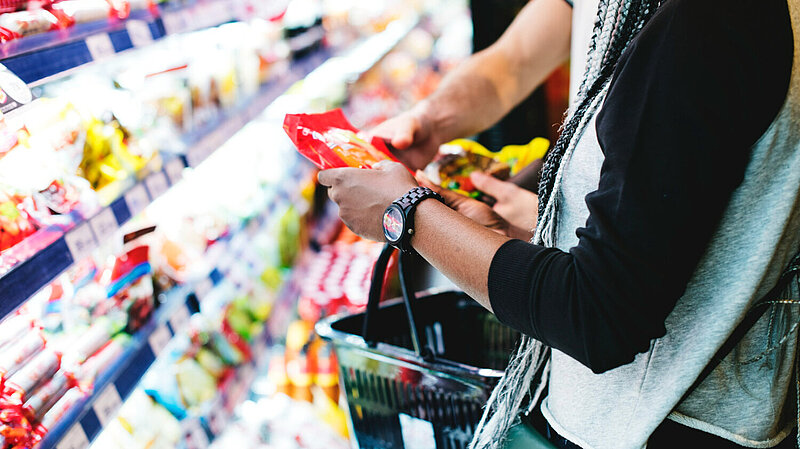A hike in prices of essential products has been constrained by a government decision to waive VAT on items, including milk, nappies, and bread; however, reports of abuse have been filed by consumers.
The government’s intervention came in early May after the prices of essential products skyrocketed.
A list of 1,775 items will carry a 0% VAT until the end of October this year.
Following the measure, prices seem to have stabilised, as the market appears to have been partly regulated following inflation powered by the war in Ukraine and disturbances in the supply chain.
There were annual increases of 14% in fresh milk, 32% in baby diapers, 23% in baby food and milk, 27% in eggs, 20% in bread and 8% in feminine hygiene products recorded in April.
The government’s intervention was expected to help mostly families with young children as they spend a larger part of their earnings on nappies and baby food.
According to several complaints filed with the ministry’s Consumer Protection Service, some retailers increased the prices of baby food and formulas just days before the measure was introduced.
In comments to Phileleftheros daily, the head of consumer protection, Constantinos Karagiorgis, confirmed the reports, noting the increases were not due to retailers abusing the system.
“After checks carried out by the service, it was found that the higher prices recorded for some of these products after the implementation of the measure is not due to price increases but to a planned offer period coming to an end,” said Karagiorgis.
The head of the Consumer Protection Service said they also found that suppliers have increased the prices of specific products thrice since September 2022.
These increases stem from shortages due to the reduction in production activity of factories abroad and the cost of raw materials.
He explained that the Consumer Protection Service had launched a series of inspections at sale points to ensure retailers were not abusing the 0% VAT policy.
“From the checks, it has been established that the measure has been applied universally, with a very positive impact for consumers, especially families with small children,” said Karagiorgis.
Since 5 May, consumers have been paying zero VAT on some essential commodities as the government tries to relieve households from ongoing inflationary pressures.
According to a Cabinet decree, the following items carry zero VAT:
- Bread: all types of bread, fresh or frozen, with or without sourdough (e.g., white, black, wholemeal, multigrain, rustic, rye, cornbread, baguettes, ciabatta, sliced bread, pitta bread).
- Milk: fresh milk (e.g., cow, goat, sheep), sweetened, condensed, long-life, flavoured (e.g., chocolate, banana), non-dairy milk (almond, soya, rice).
- Baby food: powdered, dry and/or liquid food intended for consumption by children.
- Children’s nappies.
- Adult incontinence products.
- Menstrual hygiene products (tampons, sanitary towels).
The Finance Ministry is currently working on 0% VAT list additions.
It will suggest adding consumer goods such as rice, pasta, olive oil and legumes, for which the European Commission allows states to reduce VAT.
The products currently carry a reduced 5% VAT instead of 19%.










